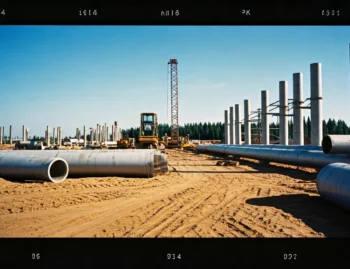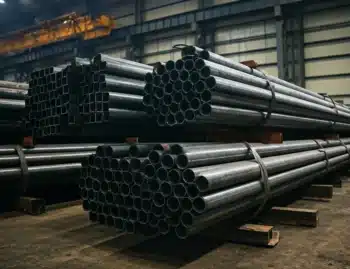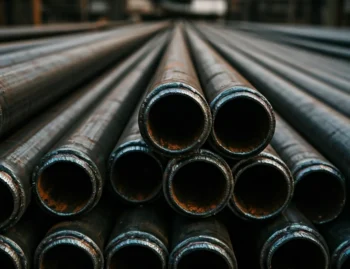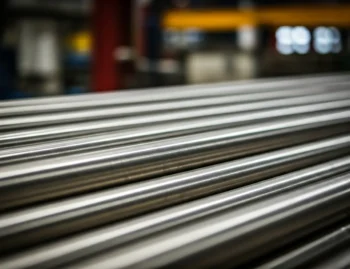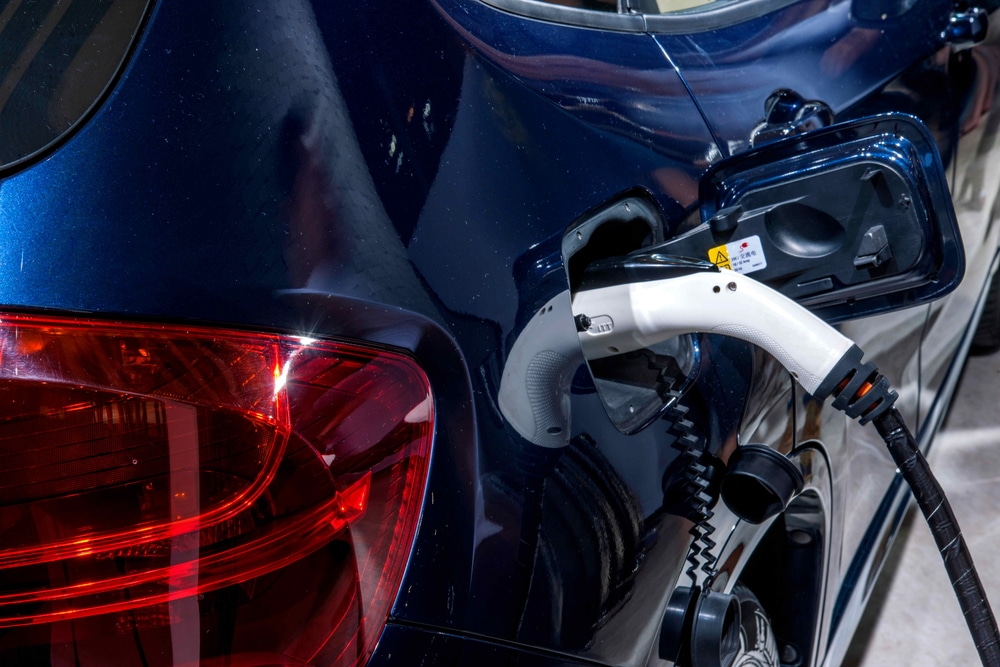
Steel plays a vital role in all types of manufacturing–including for electric vehicles (EVs). While other materials like aluminum, composites, and plastics are also highly utilized by EV manufacturers, you may be surprised to learn about all the common uses of steel in EV construction.
When it comes to EV manufacturing, companies are looking to strike the right balance between safety, cost, weight distribution, strength, and sustainability. Thus, they may use a combination of different materials to find their preferred level of optimization. Either way, here are some of the ways that steel can be used in the construction of electric vehicles.
Weight Optimization
One of the main reasons why steel is often chosen over other, lighter, materials in EV construction is because of the sustained strength it offers even when incredibly thin and light. While other materials may be technically lighter than steel, they don’t tend to offer the same strength and durability. Plus, steel is typically a more cost-effective option than lighter materials like aluminum and carbon fiber, making it even more appealing to EV manufacturers.
So, by incorporating lightweight yet strong steel alloys, EV manufacturers can boost the energy efficiency of their vehicles with a lighter body weight, helping to extend the vehicle’s driving range.
Body Structure
The main components of the vehicle’s structure are often made from steel. This includes items like the chassis and the body frame. Steel offers excellent strength and durability, making it a great choice of material for these components. As we will discuss in further detail below, this supports the overall safety and stability of the vehicle.
Enhanced Safety
Known for its strength-to-weight ratio, steel is an excellent choice for reinforcing critical safety features in electric vehicles. Since the body structure is often made from steel, this helps support the vehicle’s overall safety.
Steel does a great job of absorbing and dissipating impact energy in collisions, which works to protect passengers and minimize the risk of injury. Thus, the crashworthiness of steel is what makes it such a popular choice for vehicles in general, including EVs.
The Battery
Though EV batteries themselves are not exactly made from steel, battery enclosures, and shields may be made from steel as a method of protecting this critical component. All in all, these steel enclosures work to prevent damage to the battery from external forces and safeguard against potential safety hazards.
The Motor
Super thin steel is commonly used in other electric motors like washing machines and power tools. So, its use in electric vehicles is quite similar. Specifically, electrical steel is what’s needed for EV motors.
The thin, yet strong, characteristics of electrical steel keep the overall weight of the motor, and thus the vehicle, down. But, it does so without compromising on strength and durability.
Noise and Vibration Reduction
Lastly, steel can effectively help minimize noise, vibration, and harshness (NVH) levels in electric vehicles. Given its high absorption rates, it can reduce unwanted vibrations and noise from road surfaces and other sources. This results in a more smooth, quiet, and more comfortable driving experience for passengers.


